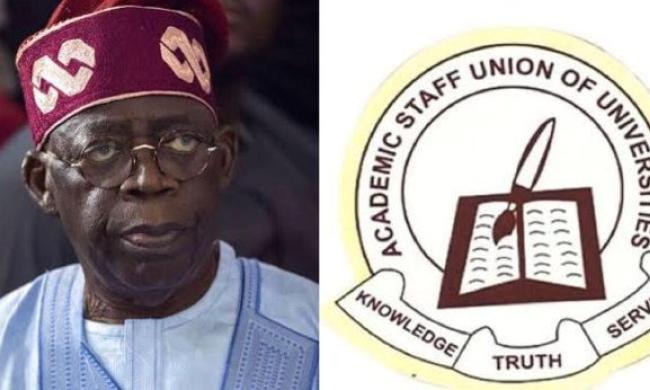ASUU Accuses Tinubu of Compromise, Issues Fresh Ultimatum
In what could spell trouble for Nigeria’s education sector, the Academic Staff Union of Universities (ASUU) has voiced its dissatisfaction with the Bola Tinubu-led government, citing unfulfilled promises as the trigger for potential industrial action.
ASUU National President, Prof. Emmanuel Osodeke, highlighted the ongoing grievances during a recent interview, emphasizing the government’s failure to deliver on its commitments. Despite assurances, the recent payment of salaries through the Integrated Personnel Payroll Information System (IPPIS) contradicted promises to discontinue its usage.
Initially introduced in 2006 to streamline government payroll, IPPIS later extended its reach to universities and colleges, prompting vehement opposition from workers due to numerous irregularities. Following protracted strikes in 2020 and 2021, tertiary institutions were eventually exempted from the system in December 2023.
Despite the government’s announcement of a 35% salary increase for tertiary institution workers in September 2023, retroactive to January 2023, and promises to reimburse withheld earnings during the 2022 nationwide strike, ASUU contends that none of its demands have been met.
Ongoing disputes over issues such as the payment of Earned Academic Allowance and the renegotiation of the 2009 ASUU-FGN agreement have fueled recurrent strikes in government-owned universities.
With no official communication from the Federal Government, ASUU remains at a standstill, prompting Osodeke to indicate that members will decide the next course of action. Despite previous strikes aimed at addressing salary reviews and other concerns, the lack of progress has left ASUU members disillusioned.
In light of these developments, ASUU is poised to issue a press statement outlining its position, potentially heralding another period of disruption within Nigeria’s higher education landscape.
